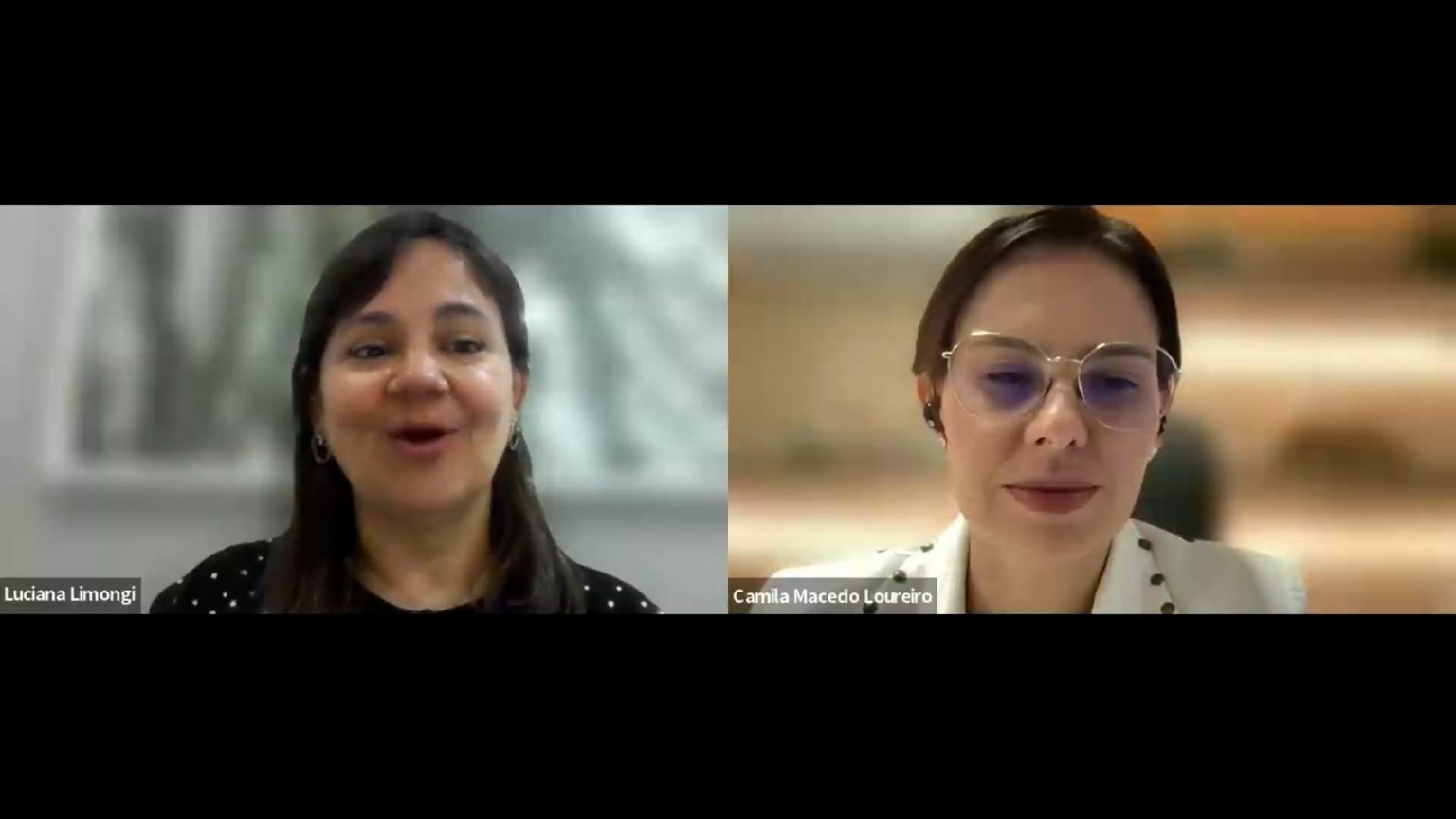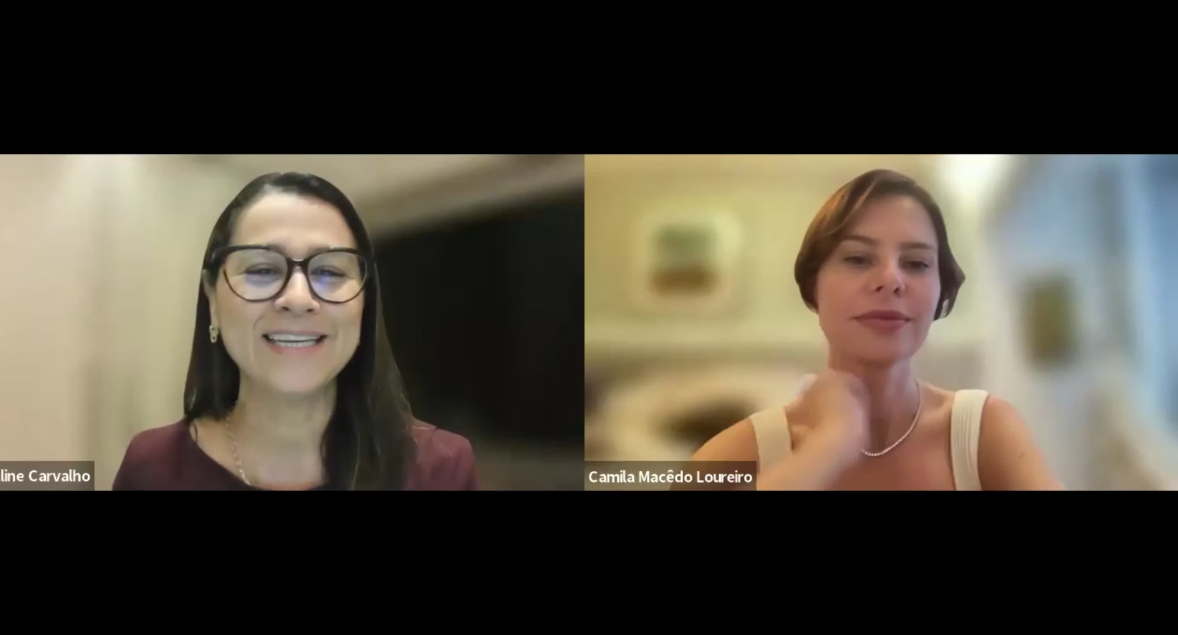Artigo
Immediate Tissue Expander Implant Breast Reconstruction after Salvage Mastectomy for Cancer Recurrence following Lumpectomy Irradiation
ABSTRACT
Background: The objective of this study was to analyze early complications and long-term outcomes in patients undergoing salvage mastectomy and immediate tissue expander/implant reconstruction for cancer recurrence following breast conservation therapy (lumpectomy/irradiation).
Methods: A review of all tissue expander/implant reconstructions performed by a single surgeon over an 11-year period from 1997 to 2008 was performed. Two patient cohorts were identified: (1) patients who underwent salvage mastectomy for a cancer recurrence following prior breast conservation therapy, and (2) patients who underwent primary mastectomy without a history of prior irradiation. The incidence of early complications and long-term outcomes were determined for each cohort.
Results: Immediate, tissue expander/implant reconstruction was initiated in 1699 patients. One hundred twenty-one patients had a history of breast conservation therapy (lumpectomy/irradiation), and 1578 did not have a history of prior irradiation. The incidence of early complications was significantly higher in the irradiated cohort compared with that in the nonirradiated cohort (29.7 percent versus 15.5 percent; p0.001). The most common complication in both groups was mastectomy flap necrosis (18.0 percent in the irradiated group and 7.7 percent in the nonirradiated group; p 0.001). Six hundred ninety-seven patients had long-term follow-up data available. Most previously irradiated patients had good or very good results, whereas most nonirradiated patients had excellent results (p 0.04; Mann-Whitney U test).
Conclusions: Carefully selected patients who have had prior breast conservation therapy who require salvage mastectomy can successfully complete postmastectomy tissue expander/implant reconstruction. The rate of early complications in this patient group is higher than in the nonirradiated cohort but remains acceptable. (Plast. Reconstr. Surg. 129: 341, 2012.)
Compartilhar em:
Comentários
Cursos Relacionados
0
Conteúdos Relacionados
Comentários
Deixe um comentário Cancelar resposta
Você precisa fazer o login para publicar um comentário.









